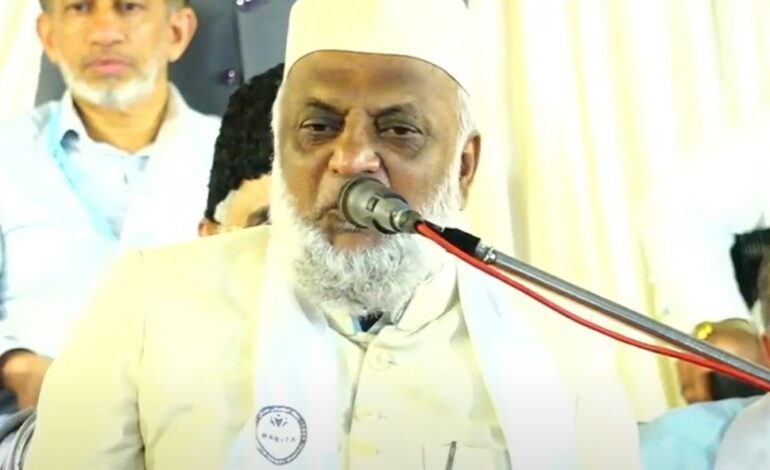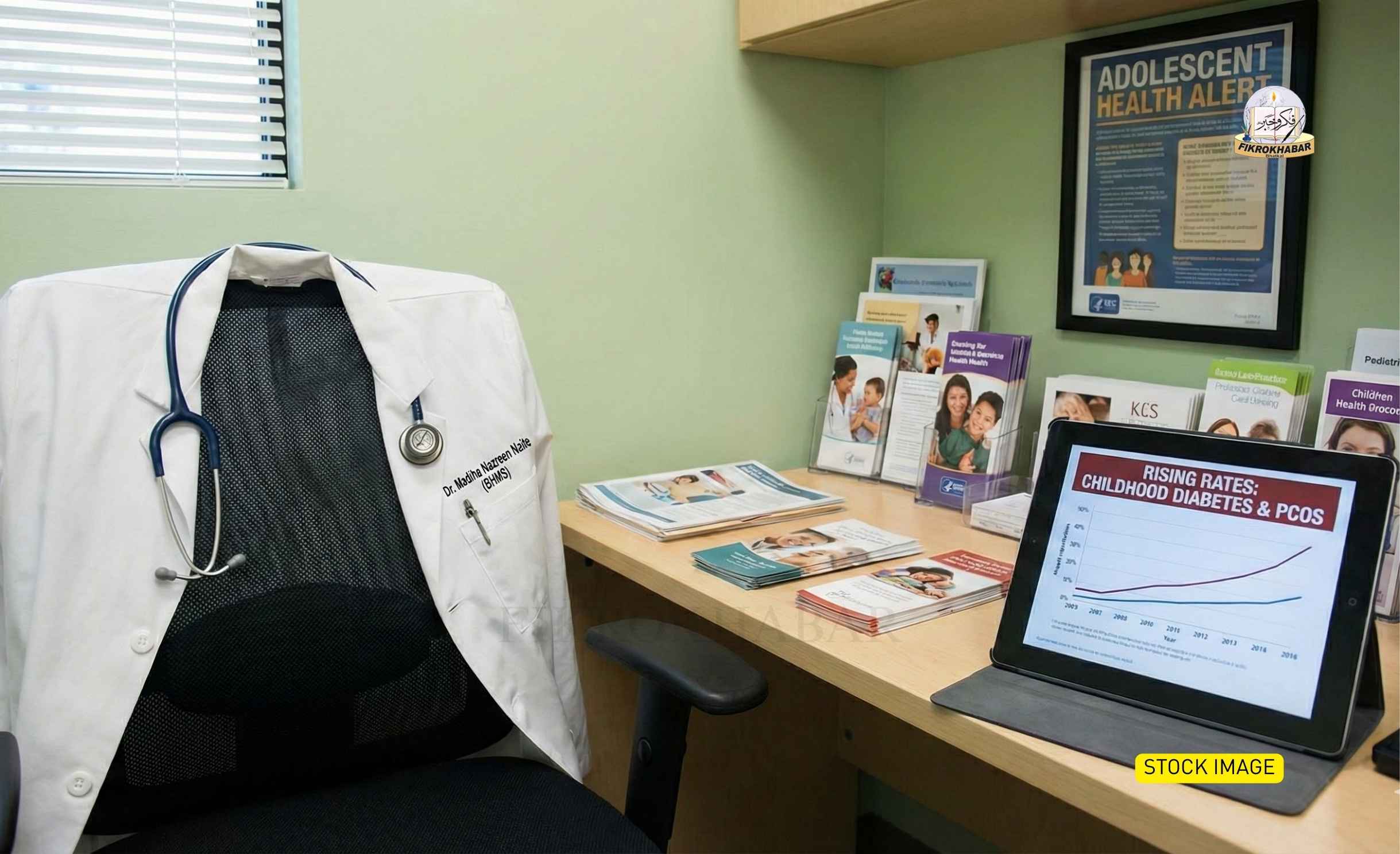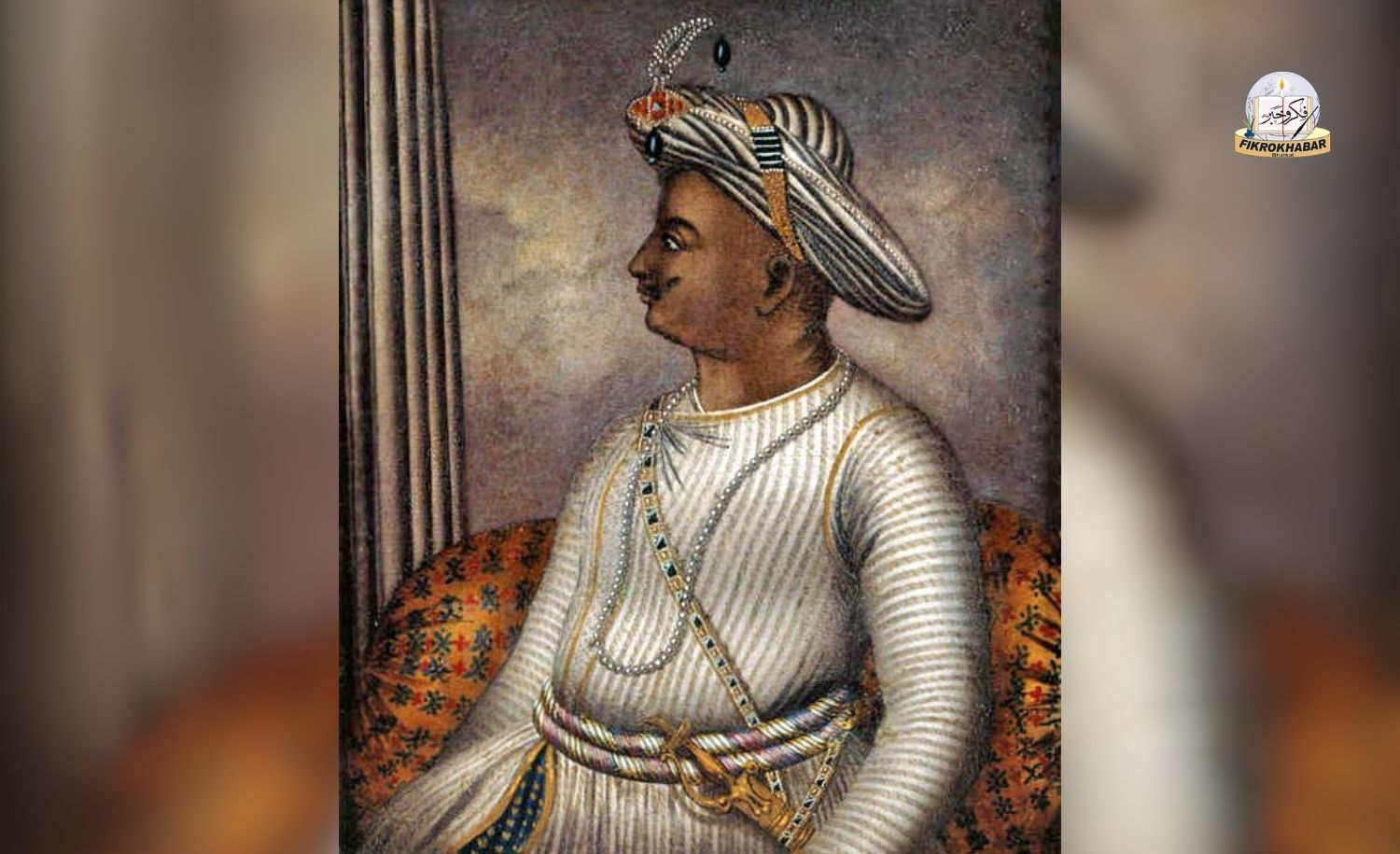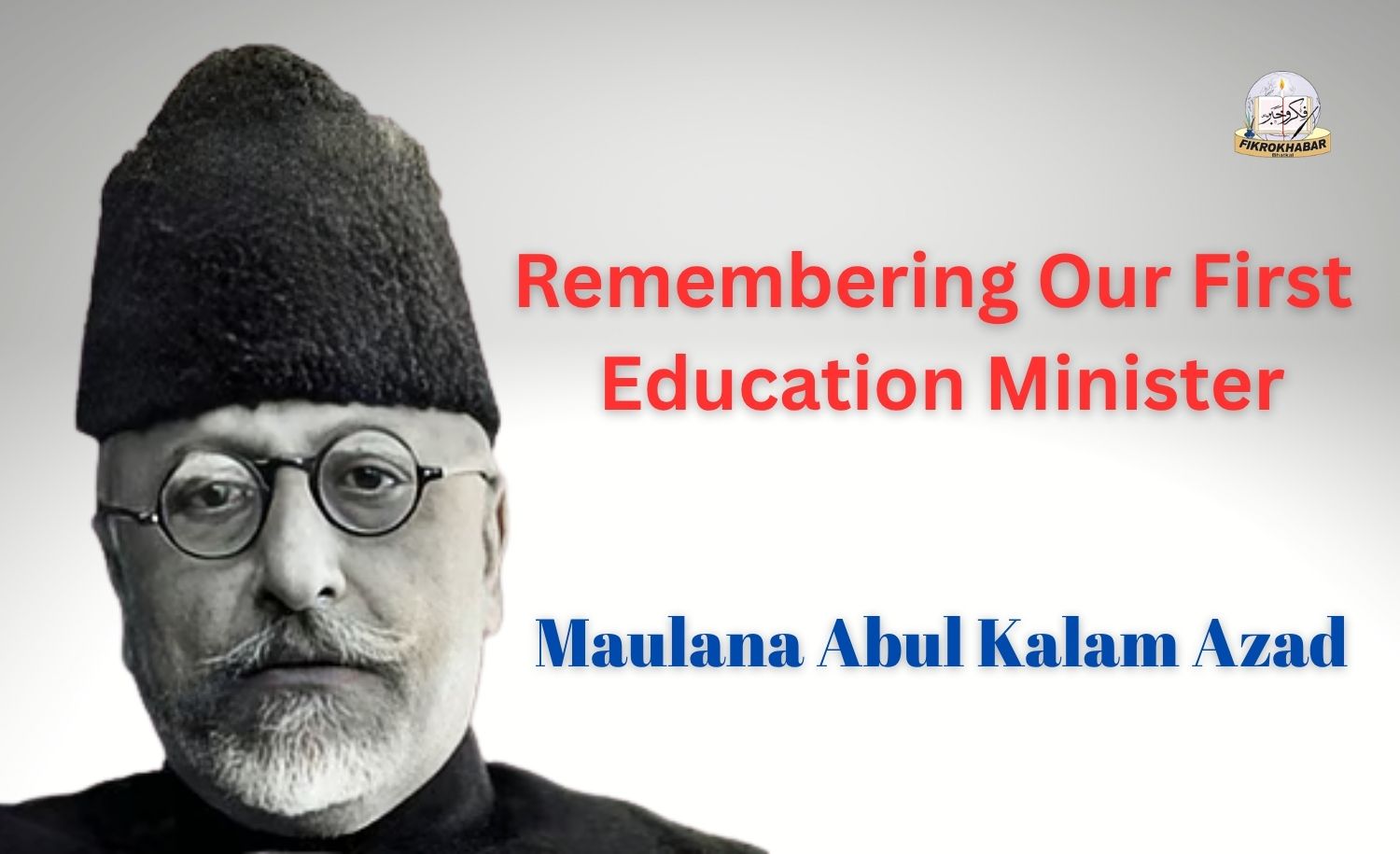Dr. M. Saud Alam Qasmi’s Stirring Address at Rabita Educational Awards 2025 – A Call for Purposeful Education

In a powerful and emotionally charged keynote at the Rabita Educational Awards 2025 held in Bhatkal, renowned Islamic scholar and academic Dr. M. Saud Alam Qasmi laid out a compelling vision for education that goes beyond grades and degrees. His address was a reminder that true education must shape character, not just credentials — and that both religious and worldly knowledge have essential, non-negotiable roles to play in the life of an individual and the future of a community.
The Balance Between Eternal and Contemporary Knowledge
Dr. Qasmi began by re-emphasizing a point he had made in the morning session: the eternal wisdom of the Qur’an and Sunnah brings light to hearts and minds. But he was equally clear that in today’s world, thriving with dignity and competing on a global stage demands mastery of contemporary disciplines — what he referred to as “asri uloom” (modern knowledge). These are not optional. They are critical.
He warned that if children earn degrees but remain disconnected from humanity, empathy, and values, then this education is not a gain — it’s a loss. The measure of education isn’t just academic success, it’s who the person becomes.
The Dual Responsibility of Teachers and Parents
Throughout his talk, Dr. Qasmi repeatedly circled back to two pillars of a child’s upbringing: parents and teachers.
When a child struggles, he said, there are always two people who never give up — a mother and a teacher. He narrated stories from Islamic history and modern times to emphasize the lasting impact these two figures can have. From the sacrifices of Imam Malik’s mother to the persistence of Thomas Edison’s mother — whose belief in her son turned him into one of the greatest inventors in history — the point was clear: a mother’s faith can build futures when the world turns away.
And when teachers stand tall, nations rise. Dr. Qasmi quoted the Prophet Muhammad (peace be upon him), who called himself a mu’allim (teacher), and said that teaching is not just a profession — it’s a mission.
Education Without Values Is Dangerous
One of the most striking parts of the speech came when Dr. Qasmi warned about an education system that produces individuals with no moral compass. “If your child earns a degree but doesn’t become a human being in the truest sense,” he said, “that’s not success. That’s failure.”
He quoted Hadith, referencing the Prophet’s statement: “No father can give his child a better gift than good character and values.” (Tirmidhi)
This wasn’t a speech about test scores or college admissions. It was a heartfelt plea: Make education meaningful. Root it in values. Make it serve a higher purpose.
What Education Means for Girls and Society
Dr. Qasmi paid special attention to the role of women’s education. He reminded the audience that when you educate a man, you educate an individual — but when you educate a woman, you educate a family, a generation, and a society.
Referencing the Hadith promising paradise to those who raise and educate their daughters well, he made the case that women’s education isn’t just a right — it’s a spiritual investment with eternal rewards.
He also praised the outstanding academic performance of girls in this year’s awardees, saying that across India — from rural towns to universities — girls are outperforming boys, and this is a trend to celebrate and support.
Don’t Outsource Parenting
Dr. Qasmi criticized a growing trend in Muslim communities: treating schools as the only institutions responsible for a child’s future. He argued that parents cannot simply drop their children off at school and walk away from their role. Education is a shared responsibility.
He illustrated this with a simple parable: three people were assigned to plant a garden. One dug holes, the other filled them, but the person assigned to actually plant the seeds was missing. The result? Futility.
Without parents’ involvement, even the best schools and teachers can’t do their jobs fully. Vigilance, involvement, and moral guidance must come from home — consistently and with love.
Adapting Education to the Times
Citing Aristotle and modern scholars, Dr. Qasmi urged the community to prepare children not for the past, but for their own future. “Don’t teach your children the way you were taught,” he said. “Prepare them for their time.”
The tools, demands, and landscape of the world have changed. From landline telephones to smartphones, from chalkboards to AI — the educational models must evolve too. What doesn’t change, however, are the foundational values that make a person just, honest, and humble.
Final Message: Education as an Amanah (Trust)
Dr. Qasmi closed with a reminder that children are a gift and a test from God. Quoting from the Qur’an, he said that on the Day of Judgment, we’ll be asked about the blessings we were given — including our children. Did we raise them well? Did we prepare them for this world and the next?
The event ended with a collective pledge to provide both deen (religious) and dunya (worldly) education to the next generation — and to raise not just graduates, but responsible, ethical, God-conscious human beings.
Conclusion
Dr. M. Saud Alam Qasmi’s speech wasn’t just a tribute to outstanding students, teachers, or schools. It was a call to realign the community’s focus. To shift from box-ticking education to purposeful, value-based learning.
He made it clear that the future won’t wait — and neither should we.
Education, when done right, doesn’t just change individuals. It transforms societies.



